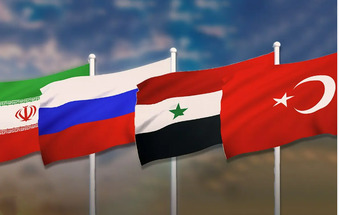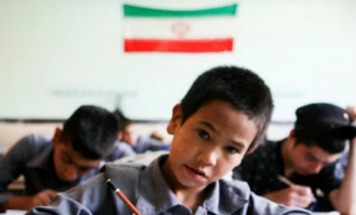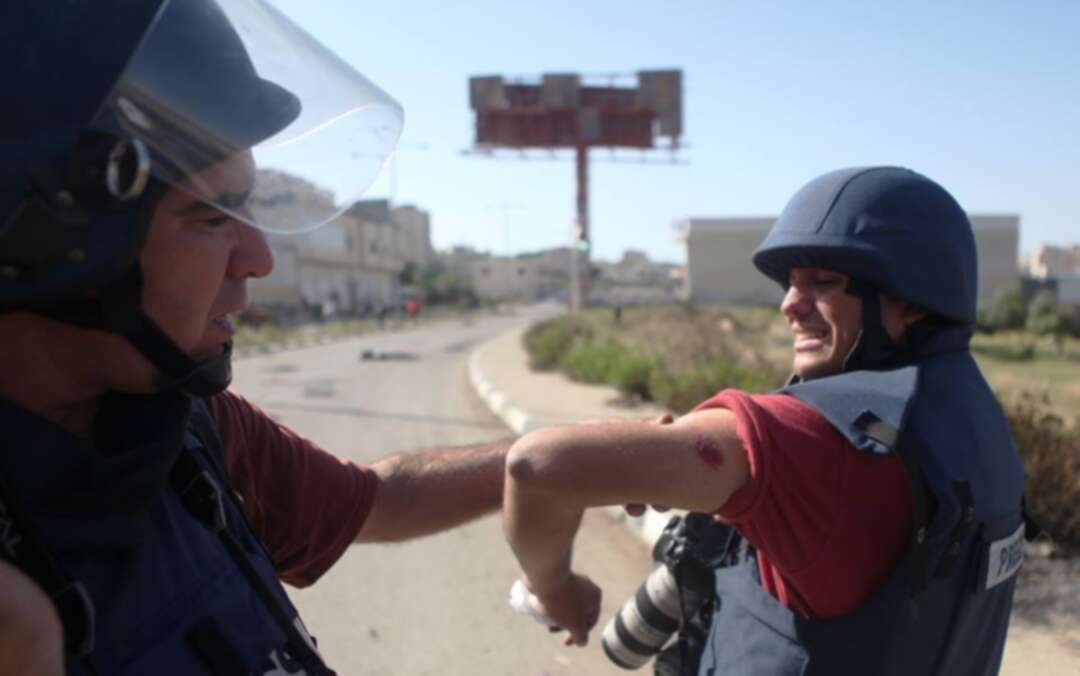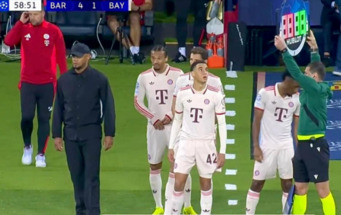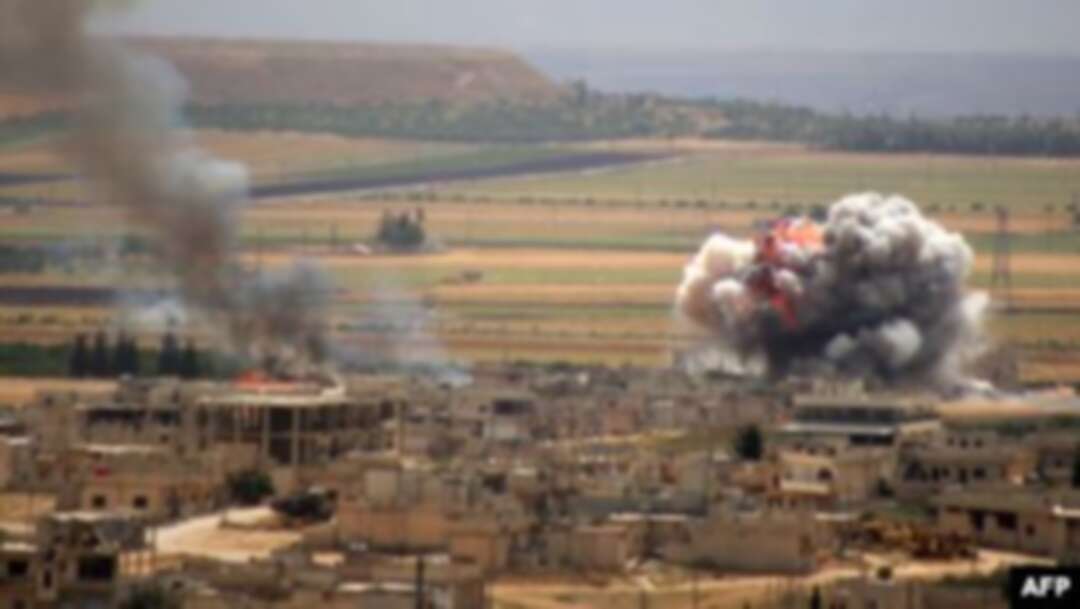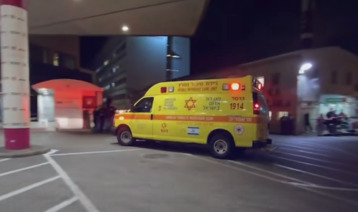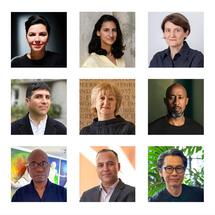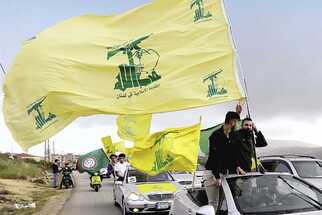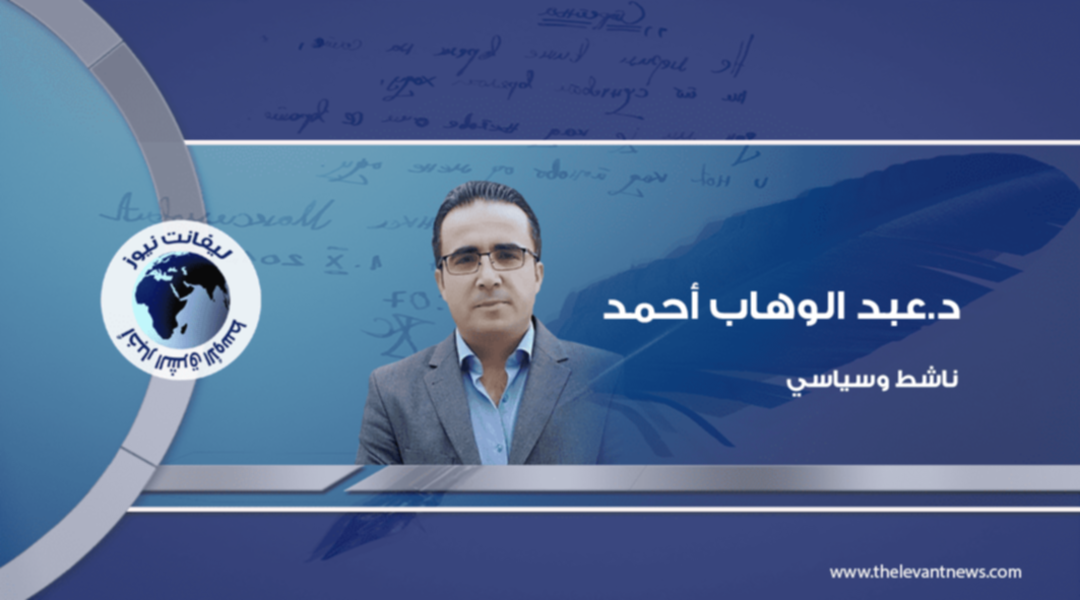-
An exclusive interview with Canada’s Rogue Diplomat (1) describing for the first time in some detail his efforts in opposing the Bashar al-Assad regime.
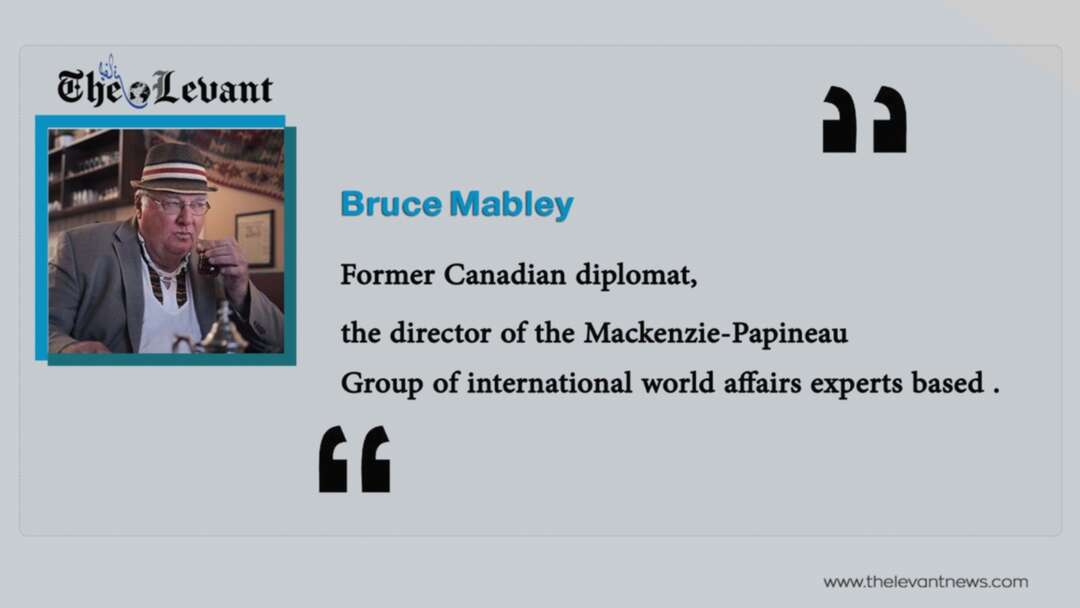
Levant: In what capacity were you involved in the early years of the Syrian revolution?
Mabley: I was posted to the Canadian Embassy in Ankara from 2010 to 2013 during which time I was tasked with reporting on events in Syria and Turkey to Ottawa and the Five Eyes network. I was part of a special group of officers sent to crisis zones around the world. My original intention and priority was to report on the situation of the Kurds in Turkey. The advent of the Syrian crisis changed all that.
I should mention that I was part of an elite group within the Foreign Affairs Ministry called Global Reporting Security Programme (GRSP), which was established after the events of September 11, 2001. Officers are sent to crisis regions around the world and required to conduct one on one reporting of multiple foreign actors including those not normally part of the Political Section such as the MFA or NGOs. It was an innovative programme that only exists at the Canadian Foreign Ministry (although its existence is denied by the Ministry).
Levant: Did the diplomatic community think that Syria was to be another example of the Arab Spring?
Mabley: No one really saw the Arab uprising in 2010-11 before it happened. The European missions were lulled into a sense of apathy reinforced by their Turkish academic and government contacts. The only issue that made me hesitate were the reports I was sent about how the peaceful demonstrators had no fear of authorities and their armed police and special squads. This was new and this made me hesitate before judging the Arab Spring. Assad had plenty of thugs and police but activists had little or no apparent fear of them anymore. Fear is the major asset of thugs and dictators. If it is no longer effective, something profound was happening. Albert Camus’ The Rebelis the best example I can think of to explain this.
Levant: Can you enumerate your activities with the Syrian activists.
Mabley: It was fairly wide ranging. I organized the first public meeting of the Syrian National Congress with the diplomatic community on Canadian soil at the Ankara Embassy. I assisted dissidents in the Cyber War to evade capture by Assad’s henchmen. This was done in conjunction with the Citizen’s Lab at the University of Toronto. (2)I helped some activists leave the crisis zone and protected the activists’ families from the Turkish bureaucratic measures. At one point, I crossed over into Syria at Atme to observe refugee camps and report back to the Five Eyes.
Levant: Did you observe a polarization of the Syrian dissidents?
Mabley: Yes, regrettably and this was due to the apathy of the Western Powers. In my view, the democratic groups should have been armed and trained with Western assistance. Instead, the assistance was ineffective and had little impact. This apathy especially by the Obama administration left the way open for Saudis and Qataris to proselytize and encourage Islamic radicalism. Syrians are not Islamists by nature and constitute a highly Europeanized democratic polity. The state is sick but the limbs are functioning: that is the message of the Arab Spring.
Levant: Were the European countries, America and Canada wanting to change the Syrian regime?
Regime change was never really in the cards. In the United States, president Obama was distracted by the 2012 election and General Petraeus and Secretary of State Hilary Clinton were unable to convince him to arm the democratic factions of the Syrian rebellion. In Canada, foreign policy in the Arab world follows closely the American lead and the right-wing Conservative Government of Stephen Harper did little to dispel its Israel-only policy. The excuse given by the Western powers that they might be arming radical Islamist groups was misleading. They had diplomats on the ground like me telling them which groups could be trusted. The Western powers lied to their people about that fact and preferred to talk of ‘leading from behind’.
Levant: We heard about thefts and money earmarked to supportrefugees from many countries, including Canada, money that went to suspicious organisations.?
Mobley: I cannot answer that. The only thing I can say is that the majority of Canadians have opened their doors to the Syrian refugees and continue to have a positive view of the newcomers. Of course, everyone hopes that one day they will be able to return and live in peace in a new Syria without Bashar al-Assad and his criminal government. Unfortunately, the Canadian government does not have a Syria policy, which would have complemented the immigration effort.
Levant: Why did the Syrian opposition fail to unite the world opinion to confront the Assad regime?
Mobley: Excellent question. There is blame on both sides. The West has no interest in developing an enlightened Middle East policy and this reflects the Israel-only principle. On the Syrian opposition side, it would have been useful to have had an internationally recognized leader of the democratic opposition. In this regard, the Muslim Brotherhood with their cloak of secrecy and taste for political games did not help. Yet, it came down to a series of errors. The West must learn that Syrian activists are the sons and daughters of liberty in the same right as the American revolutionaries who battled British autocracy to gain freedom. Leaving political friends and allies in the field without the means to defend themselves is criminal and amounts to self-inflicted harm.
Levant: How do you see the Turkish and Qatari role and how did it reflect negatively on the destruction of the Syrian revolution?
Mabley: Myself, and most of my diplomatic colleagues, understood in the early years of the Syrian rebellion the need to arm and assist the democratic factions. That message was relayed to the highest political levels in each of the Five Eyes countries. The message was clear: assist the opposition or be prepared to see a sharp Islamist ‘virage’ instigated by Saudi and Qatari agents. The latter did have arms and required pious declarations from local commanders in order to provide access to the aid. In the absence of Western support, the rebellion moved towards a narrower Islamist form. That suited the Turks who sought to impede Western aid to the Syrian refugees. That was the message I sought to relay by crossing into Syria at Atme and touring the Olive Tree camp. My report hit the Five Eyes like a stick of dynamite. It had a positive impact in as much as the Western powers forced their way into the refugee aid scene. Within months though, foreign policy bureaucrats covered up the truth and the West returned to its self-contented slumber while Russia and Iran ramped up their support for Bashar al-Assad.
Levant: How do you see the Muslim Brotherhood, which controlled the elements of the Syrian opposition and its organisations?
Mabley: I already mentioned the MB role. It has not always been helpful and too often is vulnerable to the aims and objectives of Turkish intelligence. Moreover, one of the fatal weaknesses of the Syrian uprising is the lack of unity of its constituent parts.
Levant: You worked with a group of young Syrian opposition to support the Syrian people since 2011. Where are they today? Why were they neutralised from the Syrian opposition formations?
Mabley: I still admire the bravery and spirit of those young Syrian dissidents. In Canada, and elsewhere, I have communicated this and how their belief in freedom make them natural allies for the West. I will never abandon them. The ones who I helped save from the clutches of the Assad regime will, one day, take power and govern a new free Syria. They will have families, live in freedom and enjoy life. That is my dream for you and your fellow activists. I can assure you that many of us are waiting for signs from the democratic opposition to raise our voices further in your support. The road ahead will be tough and that is why you must organize along the lines of democratic centralism in order to prepare for taking power. The advantage: Bashar and his Iranian and Russian allies are paper tigers. Your lack of unity and outreach to situational and natural allies inside Syria and abroad is empowering these forces of reaction and hate.
Levant: Are you optimistic about the future of Syria?
Mabley: I will always be optimistic because I saw in the eyes of the Syrian activists the same flame of freedom and thirst for liberty that exists in resilient people around the world. In the 1950s, Castro and Che disembarked in Cuba with one hundred supporters. Several years later, Cuba was free and the corrupt Batista dictatorship propped up by the Americans was dead in the water. Syrian rebels need to a) promote the ideal of freedom and democracy inside Syria while at the same time organising themselves like Lenin suggested in his 1905 What is to be Done?b) promote a public and military wing much like the MB organisation itself only without the games, c) strike at the Russian and Iranian assets inside Syria in hit and run attacks, d) organize bold surprise attacks against Air Force Intelligence wherever it may implant itself in order to build morale and inspire confidence, e) organize an international effort to fund and arm the democratic factions of the Syrian opposition and to augment its visibility and influence abroad and f) nominate as soon as possible a multi-lingual leader to represent the democratic movement inside Syria and faire a prodigious programme of ethnic, tribal and linguistic outreach.
Levant: What do you expect the Syrian state to look like as it was or to become a decentralised state?
Mabley: Syria’s borders were established after the Treaty of Versailles in 1919. Colonial powers established them having consulted little with the people or even geo-political regional experts. Do not ask me to validate those borders. However, a federal Syria with a central government in Damascus might not be a bad idea. Federalism is one of the better solutions to bind together groups with very diverse ethnic, linguistic and tribal differences. Federalism is not a panacea but it maps out a process, the same one that the Syrian opposition ought to follow in order to be victorious over Bashar al-Assad. A federal Syria would allow the Kurds the autonomy they need in order to function and be a people. Federalism does not work and could never work with a Bashar al-Assad in power in charge of a unitary state.
You May Also Like
Popular Posts
Caricature
Qatar Closes Hamas Office...
- November 11, 2024
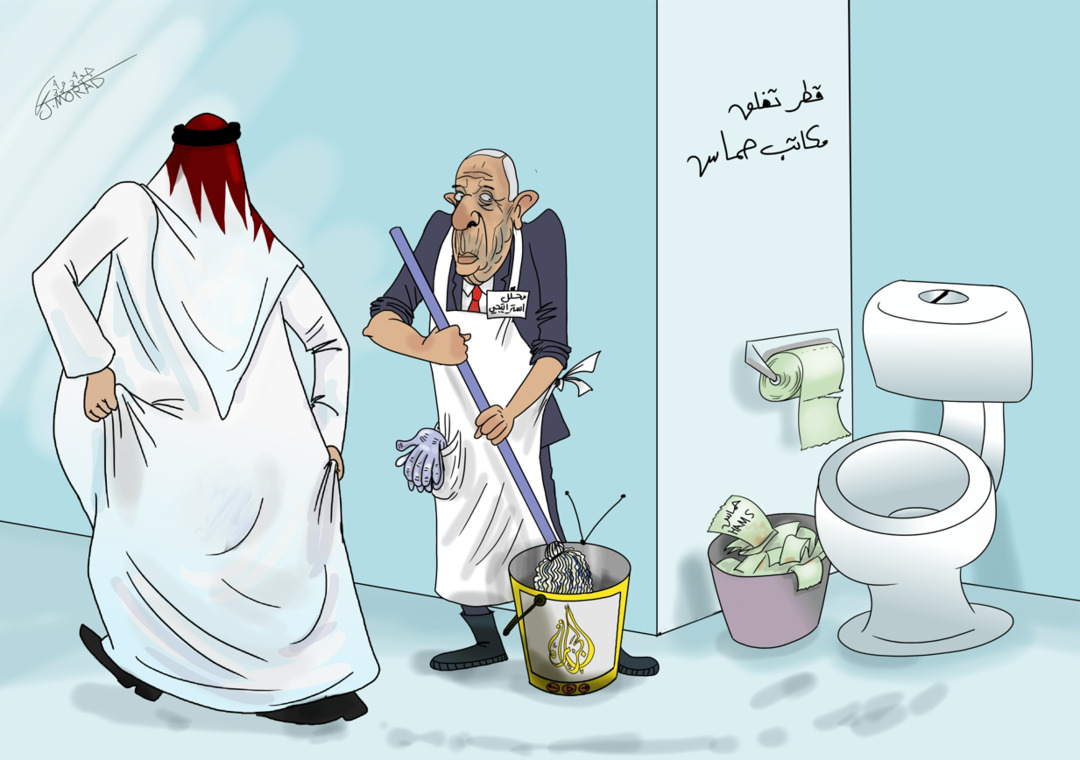
Qatar Closes Hamas Offices
opinion
Report
ads
Newsletter
Subscribe to our mailing list to get the new updates!

